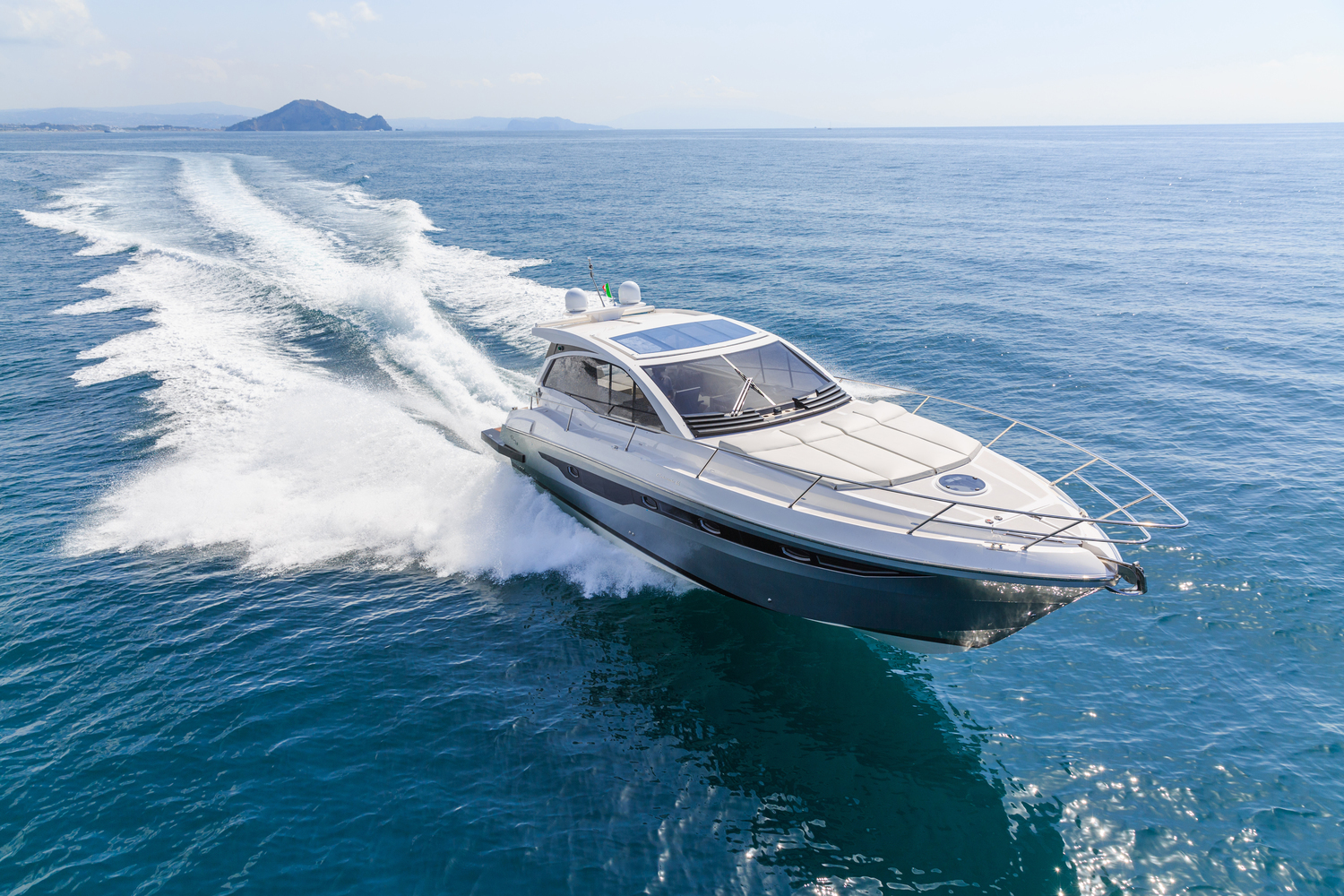
Boat Insurance Tips to Know
In the right circumstances, boat insurance can save you a lot of money. But boat insurance policies vary considerably across the industry, so understanding what makes for a good policy is key to ensuring that you’re getting your money’s worth from your coverage. The benefit of boat ownership is that you enjoy the freedom of water recreation, which comes with a potential price tag. You must buy boat insurance to protect you and your boat from loss or damage due to an accident or natural disaster. Here are boat insurance tips to know:
1. Classify your boat with a nautical training organization
Before you purchase boat insurance coverage, your boat’s hull and superstructure should be adequately protected. You’ll need to get your boat listed with an approved classification society to do this. This is a group of companies like the American Boat and Yacht Council that ensure that your boat fits into a specific set of standards regarding safety and capacity, and they often offer special discounted rates on insurance for members.
2. Combine your boating insurance policy with auto or home insurance
Your total cost and deductible figures can quickly add up as you add more coverage. But that’s no reason to forgo coverage for one type of coverage. You can alleviate this by bundling insurance, such as your boat and car and a home insurance policy. You can also consider bundling your boat insurance policy with other types of insurance. For example, you can buy an umbrella policy to cover you if your boat is damaged in a catastrophe like a hurricane, flood, or earthquake. This policy will help you recoup the cost of repairs or losses that aren’t covered by your home or auto insurance policies.
3. Get the best coverage with an “all-risks” policy
As you shop for boat insurance, you’ll notice that most carriers offer two types of boat insurance coverage. The first is a “peril policy” that only covers losses or damage to your boat if it happens due to specific “named” perils in the small print of the policy. This can be a good policy for those who only use their boats for weekend lake trips, but it’s insufficient for serious boaters. The second offering is an “all-risks” policy that covers your boat against all perils except those expressly excluded from the policy. This can be a better policy, but you’ll need to spend some time and effort comparing all-risks policies to determine your best option.
4. Compare quotes from multiple insurers
Boat insurance policies are commonly priced as a percentage of your boat’s value. As you shop for boat insurance, you’ll find that some carriers will offer you lower prices if you buy a certain amount of coverage, but other companies offer a fixed policy per month coverage. To get the best price with the most protection, it’s important to compare quotes from multiple carriers to get the lowest cost.
5. Insure your boat all year
If you’ve ever suffered damage to your boat during the offseason, you know that a boating weather or vandalism accident can be costly. These off-season risks include winter storm damage, vandalism; and damage or theft when the boat is in storage. To help protect against these risks, it’s important to ensure your boat insurance policy covers you from damage that happens during the offseason and during the summer.
Boat insurance is one of your best options for protecting your boat from damage. When you go through the process of buying boat insurance coverage, it’s important to remember that not every policy will be the same. So read through several policies closely, compare them with


